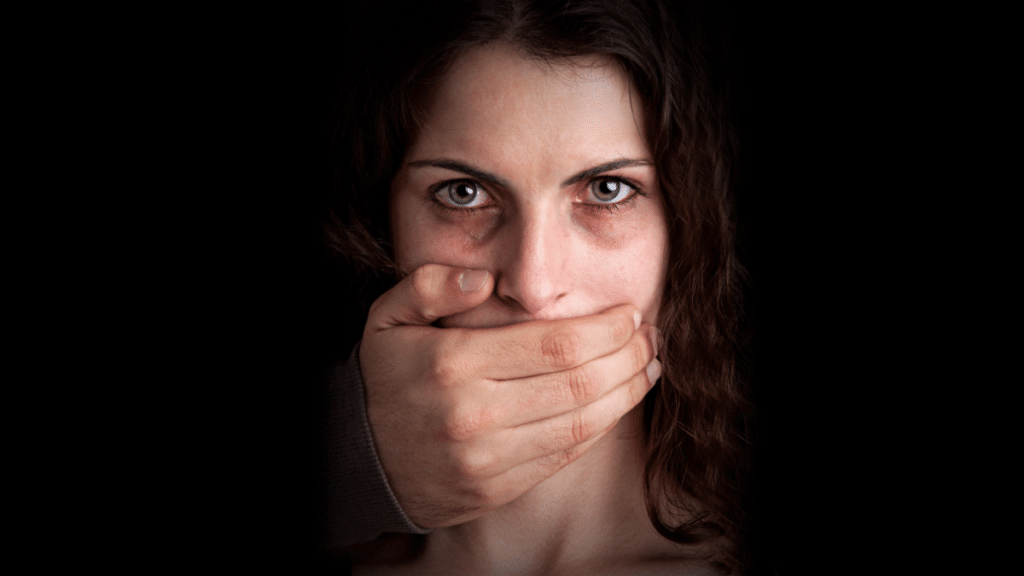Let us assume you have a relative in a situation whereby their partner has threatened or inflicted physical harm upon them. In response, you or someone you know, such as other relatives or neighbors, have taken the courageous step of contacting the police.
Upon receiving the call, a police officer promptly arrives at the scene to gather vital evidence to assess whether domestic assault charges should be filed.
Once the police officer has established reasonable grounds to believe that a crime has been committed, they will file domestic violence charges against your relative’s partner, subsequently taking them into custody.
After an event like that, it is possible for the victim to feel overwhelmed about the whole issue, and they might want to drop the charges. However, in the United States, victims of domestic violence typically do not have the authority to drop criminal charges once they have been filed.
Once charges have been filed by law enforcement, it becomes a decision made by the prosecutor’s office whether or not to pursue the case. This is because domestic violence is considered a crime against society rather than an individual, and the state or government is responsible for prosecuting offenders.
What Is the Role of Domestic Violence Victims in a Lawsuit Case?
In a domestic violence lawsuit, the role of domestic violence victims can vary depending on the specific circumstances and legal jurisdiction. Here are some general aspects to consider:
Complainant/Plaintiff
The complainant/plaintiff initiates legal action by filing a complaint or lawsuit against the perpetrator. The victim’s role is to present their case, provide evidence, and seek legal remedies for the harm they have suffered.
Testifying
Domestic violence victims may be required to testify in court. They share their experiences, provide details of their abuse, and answer questions from attorneys and the court.
Seeking Protection Orders
In many jurisdictions, domestic violence victims can seek protective orders – such as restraining orders or orders of protection – against the abuser. These orders aim to provide legal protection and prevent further abuse.
Can Domestic Violence Victims Change or Recant Their Statements in the US?
In the United States, domestic violence victims have the right to change or recant their statements regarding the abuse they have experienced. It is important to understand that the decision to change or recant a statement is a personal one and can be influenced by various factors, such as:
Fear
Victims may fear retaliation or further harm from their abuser, discouraging them from pursuing legal action or maintaining their initial statement.
Manipulation
Abusers often use coercion, threats, or manipulation tactics to control their victims. They may pressure or manipulate the victim into changing their statement to avoid legal consequences.
Emotional Factors
Victims of domestic violence may experience various emotions, including confusion, guilt, shame, or loyalty towards their abuser, which can impact their willingness to maintain their original statement.
Dependency
Some victims may be financially or emotionally dependent on their abuser, making it difficult to sustain their initial statement due to concerns about losing support or stability.
Bottom Line
“It is important to note that each legal jurisdiction may have specific laws and procedures governing domestic violence cases,” says Attorney Mark Sherman of the Connecticut Domestic Violence Information Center. These laws and the case’s specific circumstances can influence domestic violence victims. Victims should consult with legal professionals experienced in domestic violence cases to understand their rights and available options.


